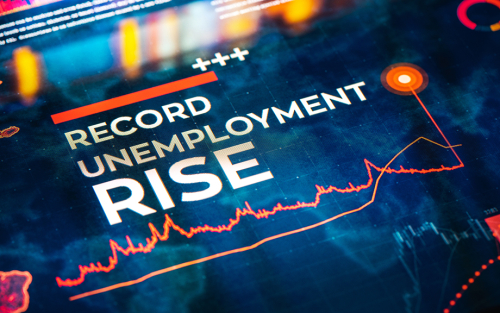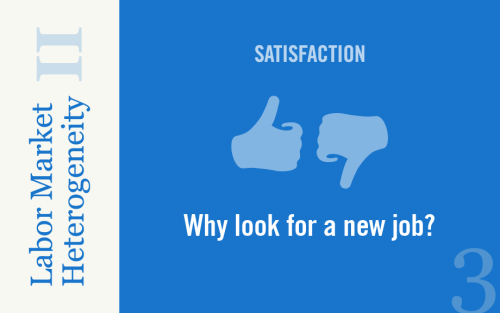Translating Weekly Jobless Claims into Monthly Net Job Losses

News headlines highlighting the loss of 26 million jobs (so far) underscore the massive shock that has hit the U.S. economy and the dislocation, hardship, and stress it has caused for so many American workers. But how accurately does this number actually capture the number of net job losses? In this post, we look at some of the statistical anomalies and quirks in the weekly claims series and offer a guide to interpreting these numbers. What we find is that the relationship between jobless claims and payroll employment for the month can vary substantially, depending on the nature, timing, and persistence of the disaster.
Where Have the Paycheck Protection Loans Gone So Far?

The Paycheck Protection Program (PPP) is a central piece of the CARES Act. In the program’s first round, $349 billion in forgivable government-guaranteed loans were extended to small businesses to cover costs related to payroll and utilities, as well as mortgage and rent payments. The program opened for applications on April 3 and was oversubscribed by April 16. Because of its popularity, lawmakers passed a new bill replenishing the fund with another $310 billion and the Small Business Administration (SBA) started approving loans again on April 27. With a new round of PPP lending underway, it is natural to examine the allocation of credit in the first round and ask: Have PPP loans gone to the areas of the country and sectors of the economy hardest hit by COVID-19?
New York Fed Surveys: Business Activity in the Region Sees Historic Plunge in April

Indicators of regional business activity plunged to historic lows in early April, as efforts to slow the spread of the coronavirus kept many people at home and shut down large parts of the regional economy, according to the Federal Reserve Bank of New York’s two business surveys. The headline index for both surveys plummeted to nearly -80, well below any historical precedent including the depths of the Great Recession. About 60 percent of service firms and more than half of manufacturers reported at least a partial shutdown of their operations thus far. Layoffs were widespread, with half of all businesses surveyed reporting lower employment levels in early April.
Searching for Higher Job Satisfaction
Firm‑Level Shocks and GDP Growth: The Case of Boeing’s 737 MAX Production Pause

Events specific to large firms can have significant effects on the macroeconomy. The recent pause in Boeing’s 737 MAX production is a striking example of such an event or “shock.” This post provides a back-of-the envelope calculation of how the “737 MAX shock” could impact U.S. GDP growth in the first quarter of 2020.
At the New York Fed: Thirteenth Annual Joint Conference with NYU‑Stern on Financial Intermediation
Better understanding of financial intermediation is critical to the efforts of the New York Fed to promote financial stability and economic growth. In pursuit of this mission, the New York Fed recently hosted the thirteenth annual Federal Reserve Bank of New York–New York University Stern School of Business Conference on Financial Intermediation. At this conference, a range of authors were invited to discuss their research in this area. In this post, we present some of the discussion and findings from the conference.
The Premium for Money‑Like Assets

Several academic papers have documented investors’ willingness to pay a premium to hold money-like assets and focused on its implication for financial stability. In a New York Fed staff report, we estimate such premium using a quasi-natural experiment, the recent reform of the money market fund (MMF) industry by the Securities and Exchange Commission (SEC).
“Hey, Economist!” How Was Your Ph.D. Internship?

This week, four Ph.D. students in economics and finance are wrapping up their summer internships at the New York Fed’s Research Department. The ten-week internships—which are compensated—offer interns the opportunity to further their dissertation research, interact with the Bank’s research economists, and give informal, “brown bag” lunch seminars to hear feedback on their work.
Historical Echoes: That Pesky, Well‑Overdue Library Book

The “extremely overdue library book” has had a long run as a sitcom trope. As a source of humor, the ludicrously large library late fine pays off in at least two ways: first, there’s the enormity of the fine when compared with the insignificant monetary value of the book itself (paving the way for jokes about inflation and compound interest); and second, there’s the idea of the “criminality” of the offender, who is probably unlikely to commit any other kind of crime, with the concomitant image of “library police” (or actual police) coming after the negligent borrower . . . One day, that could be you, dear reader.












 RSS Feed
RSS Feed Follow Liberty Street Economics
Follow Liberty Street Economics